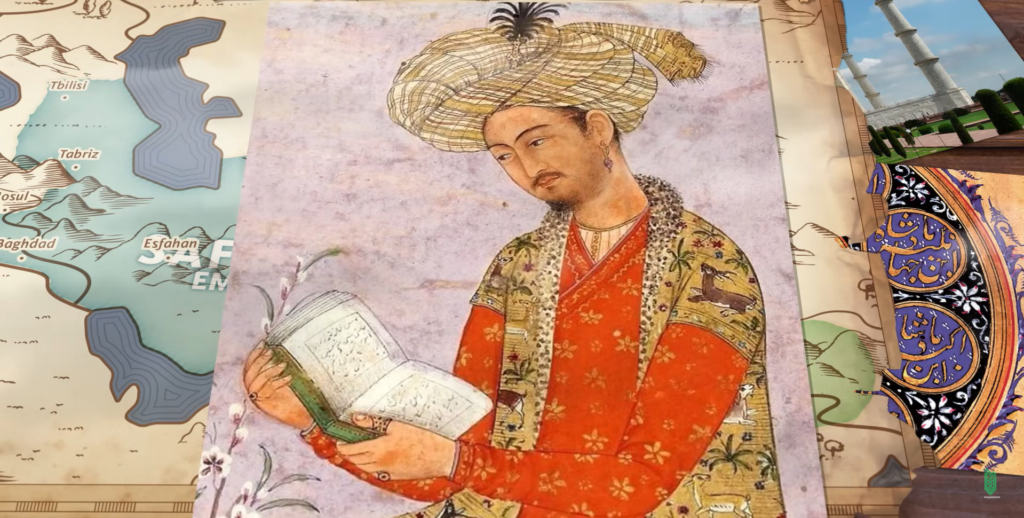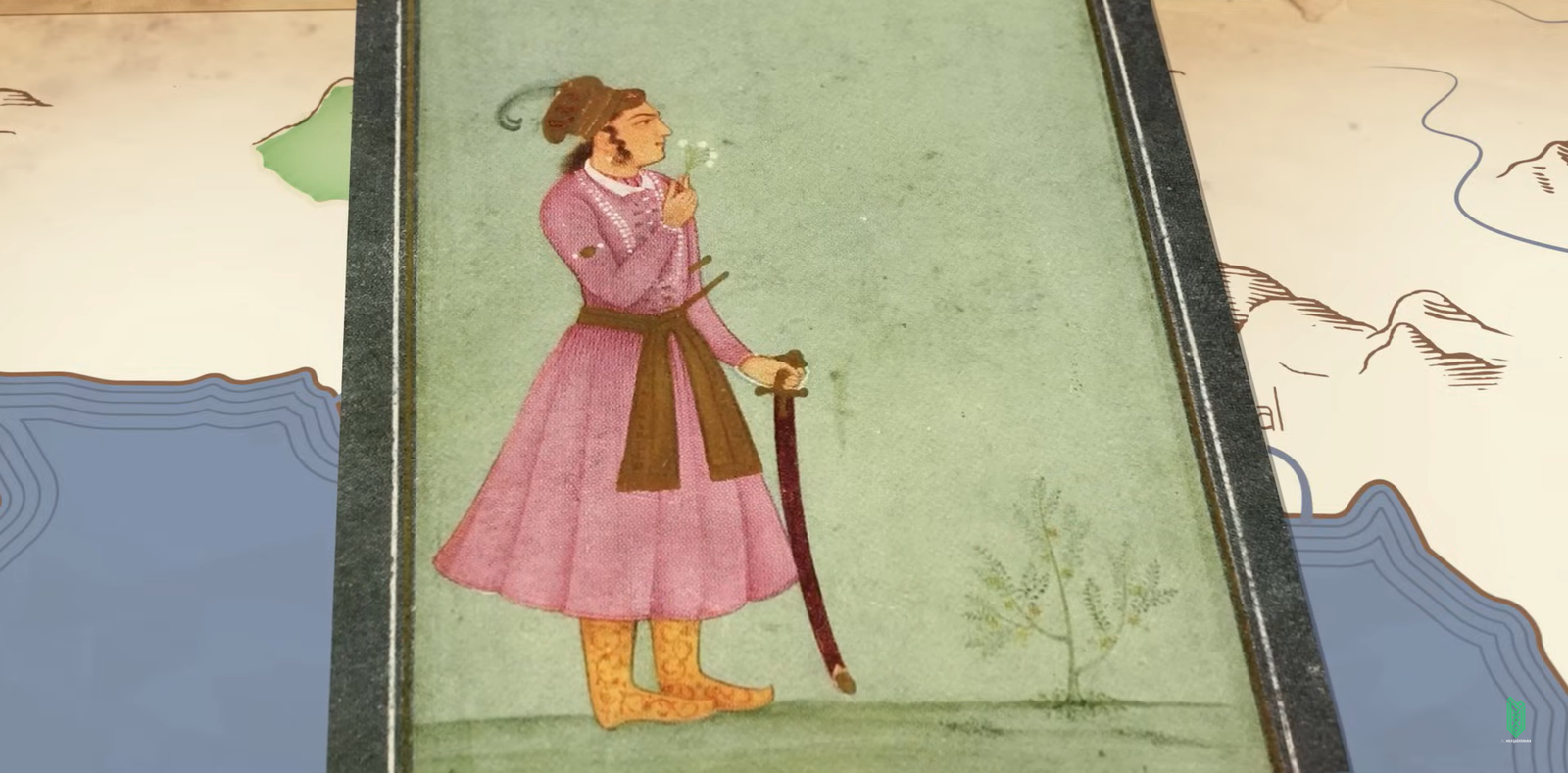The Mughal Empire stands as one of the most remarkable and influential empires in the early modern world. Originating from the ambitions of Babur, a Central Asian prince, and would go on to build a sprawling, prosperous, and culturally rich domain. At their peak, they encompassed nearly a quarter of the global population at that time.
The Rise
Babur’s initial struggles to gain a foothold in Central Asia ultimately led him to turn his sights to the Indian subcontinent. There, his descendants would establish the Mughal Empire, one of the wealthiest and most powerful states of the era. Though Babur himself only ruled for four years after his pivotal victory, his memoirs and the work of his successors ensured his legacy lived on.

It was Akbar, the third emperor, who truly consolidated empire’s power. Akbar enacted policies to protect peasants, which in turn boosted productivity and tax revenues. He also embarked on military campaigns that expanded territory and connected the empire to lucrative trading networks across the Indian Ocean. Akbar sought to create internal cohesion by appointing Hindus to high government positions, marrying a Hindu bride, and distributing the ancient Indian epic poem “Mahabharata” to his Muslim nobles.
The architectural achievements of the Mughals, such as the iconic Taj Mahal and the immense Red Fort, stand as enduring testaments to the empire’s grandeur and prosperity. For the first 180 years of its existence, the Mughal Empire was marked by stability, with only six rulers taking the throne.
The fall of Mughal Empire
However, the 18th century brought increasing political, economic, social, and environmental crises to the empire. Regional leaders began to refuse paying taxes and break away from Mughal control. When troops revolted in 1857, aiming to force out the British and restore Mughal influence, the British government intervened, deposing the last Mughal emperor and ushering in the end of the once-mighty empire.
Read More:- Germany Embraces Cannabis Legalization to Combat Black Market
Do you like anime? Head on to Pop Media Pulse
